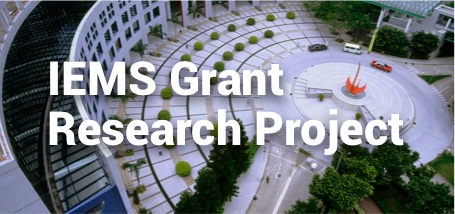Risk Perception of AI in Indian Construction Industry
SHARE THIS

Kira Matus
In emerging economies like India, there is a need for an increase in residential, energy and infrastructure capabilities to support the increase in urbanization, as well as to provide employment for workers across a range of skill levels. In response to growing demands, the construction sector is exploring new possibilities for improving the efficiency of their activities, including adopting cutting edge technologies to ensure faster delivery and a safe working environment. While the development of AI-based technologies for the construction industry is not as advanced as in some areas, it is progressing. However, the impacts of these technologies, positive and negative, remains unknown and their (un)successful deployment will rest on their acceptance by key stakeholders. With the use of AI in the construction industry, there will be a shift of activities from the known space to the unknown space, which may result in the fear of “something bigger yet unknown”, affecting how these technologies are adopted. This research tries to capture risk perception among the construction personnel and the public regarding AI inclusion in the construction sector through a multi-stage process of qualitative and quantitative methods, with the goal of using this data to better understand the potential barriers to the deployment of AI technologies in this key industry.
This project is funded by the HKUST IEMS Research Grants 2019.
Get updates from HKUST IEMS






